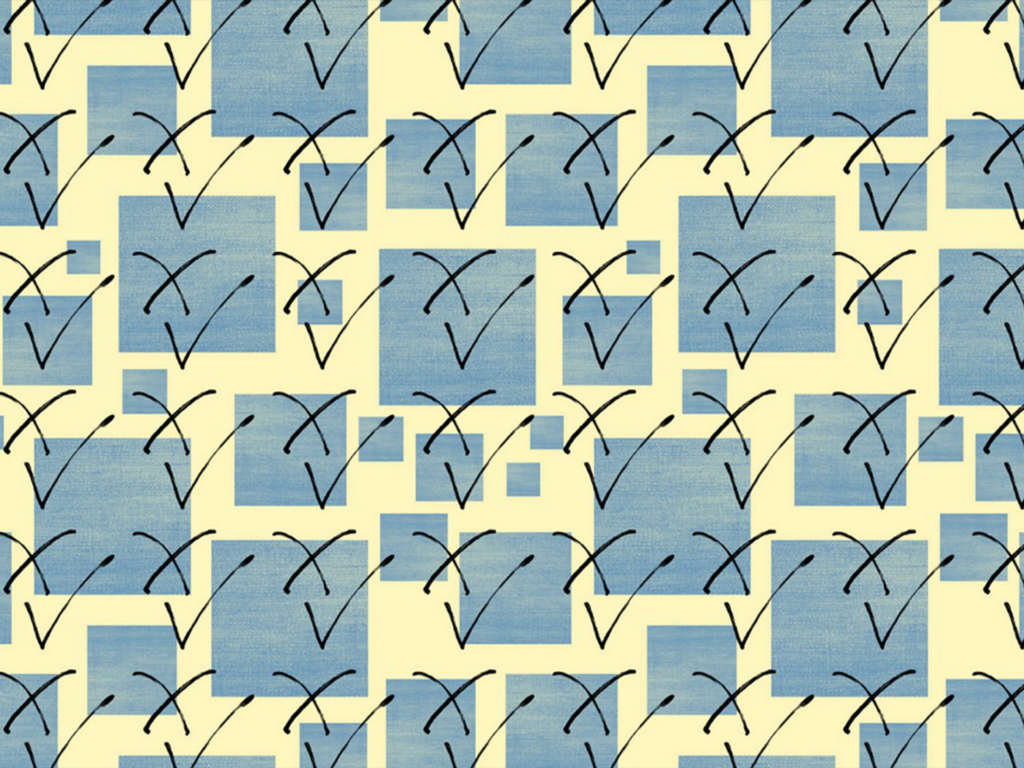Correcting campaign misinformation: Experimental evidence from a two-wave panel study
newsletter via Feeds on Inoreader 2024-02-08
Summary:
In this study, we used a two-wave panel and a real-world intervention during the 2017 UK general election to investigate whether fact-checking can reduce beliefs in an incorrect campaign claim, source effects, the duration of source effects, and how predispositions including political orientations and prior exposure condition them. We find correction effects in the short term only, but across different political divisions and various prior exposure levels. We discuss the significance of independent fact-checking sources and the UK partisan press in facilitating effects.
School of Social Sciences, Birkbeck, University of London, UK
Department of Humanities and Social Sciences, Cornwall, University of Exeter, UK
Department of Social and Political Sciences, Philosophy and Anthropology, University of Exeter, UK
School of Politics and International Relations, University of Kent, UK
Department of Social and Political Sciences, Philosophy and Anthropology, University of Exeter, UK
 Image by chenspec on pixabay
Image by chenspec on pixabay
Research Questions
- How do individuals respond to fact-checking? Do these effects endure over time?
- Are independent fact checkers more successful in correcting beliefs than partisan sources?
- Do predispositions such as initial beliefs and (party-) political orientation make individuals resistant to fact-checking?
- Does repeated prior exposure to a false claim render fact checks ineffective?
Essay Summary
- In an online survey experiment with 1,841 participants, we tested the effect of fact-checking on a campaign claim during the UK 2017 general election that EU immigration hurts the National Health Service. We used an edited version of Full Fact’s fact check which provided an alternative causal account and attributed the fact check to either an independent organization or to one of two partisan broadsheets, The Guardian (left-wing) or The Daily Telegraph (right-wing). The control group was simply asked again about the claim’s believability.
- The fact check led to people correcting their beliefs. However, in the follow-up wave, we found that these effects did not endure. Overall, the source of the correction had little impact.
- Predispositions and prior exposure do explain initial beliefs but do not appear to moderate the effects of fact-checking. One notable exception is that across the Brexit divide, “leavers” receiving The Guardian treatment were unlikely to adjust beliefs. They did so, however, when receiving an independent fact check or The Daily Telegraph treatment. Partisanship did not moderate source effects in a similar way.
- Fact-checking real campaign claims often involves interpreting causality, not just correcting facts. EU immigration does contribute to pressure on the NHS “but its annual impact is small compared to other factors” (Full Fact, 2016). Our study demonstrates the effectiveness of nuanced corrective interventions across political divides.
Implications
The analysis we present in this paper contributes to research on how to correct misbeliefs, particularly those arising from misleading political party campaign messages. Recently documented strategies include “inoculation” by raising awareness of how misinformation is produced (Maertens et al., 2021), news literacy tweets (Vraga et al., 2022), and platform interventions such as social media warnings (Clayton et al., 2020). We build on research exploring expert corrections specifically, produced by independent think tanks and the legacy media, with the latter remaining “the dominant source of political fact-checking” especially in Western Europe (Graves & Cherubini, 2016, p. 8). To this end, we used a real-world intervention but varied the source of the fact check to clari